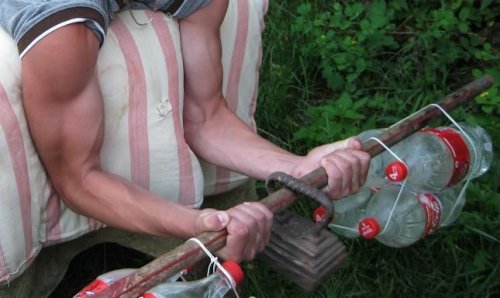
2:52 FREE TO WATCH: Highlights from Leicester’s 1-1 draw against Norwich
On the tenth anniversary of Brendan Rodgers’ sacking at Reading, perhaps it is the perfect time to acknowledge that reputations need not stick.
Right now, Rodgers is among the most celebrated coaches in the country. He has transformed Leicester City into a Champions League team in waiting. Three years on from Andrea Bocelli and all that, there are supporters along Filbert Way saying that the miracle was one thing but this lot are even better – and they mean it too.
It has taken a long time for Rodgers to earn these kind of plaudits. Too long.
Speaking to him at the King Power Stadium recently for a piece on the success of Raheem Sterling, he had an interesting take on why the Manchester City forward has found himself the subject of such a mixed press during his rise to the top of his profession.
“British players, British managers, get judged slightly differently.”


Man City vs Leicester
December 21, 2019, 5:00pm
Live on

Get Sky Sports Get a Sky Sports pass
Rodgers doesn’t come across as someone weighed down by grievances, but it would be understandable if such thoughts had occasionally crept in. That infamous Liverpool documentary didn’t help, of course, but there was always a sense that he was someone who should know his place. Others were allowed to be Special. Not him.
Having gone away and won trophies galore with Celtic, Rodgers has returned with less to prove and more to offer. Maybe there is a lesson there. Because just as Sterling’s issues in front of goal as a youngster saw his potential for greatness too readily dismissed, even the best managers in the game do not arrive onto the scene fully formed either.
Like everything from sausage-making to law-making, while the end product can be great, watching the process behind it isn’t always pretty.
That was certainly the case at Reading.
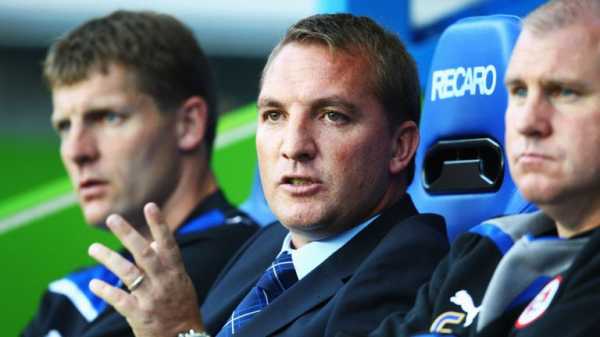
And yet, there were signs, even during the darkest days at the Madejski Stadium, for those prepared to look past the 11 defeats that threatened to kill his career before it had begun.
“Every day in training, we would never do the same session twice,” Brian Howard tells Sky Sports. “He was always trying different things so you had that buzz of going into training every day looking forward to what the new challenges would be.”
Howard is not a Leicester player. He didn’t play under Rodgers at Celtic, Liverpool or Swansea. He is referring to his old manager’s unloved spell at Reading, a sixth month stint that some supporters still deem excusable only because of the brevity of its duration.
Howard, now a respected agent, remembers it differently.
“He was the reason why I went there,” he recalls. “I was at Sheffield United and we played pretty direct football under Kevin Blackwell. But he wanted to play a different way and earmarked me as the attacking midfielder in how he sets his team up. He sold it to me. It was what I wanted to hear. It was perfect for me.
“Brendan came in and completely changed the philosophy at Reading. It was all about getting the ball down. He wanted the centre-halves to split, to play out from the back and for the midfielders to get on the ball. It was a real change. It was a long-term job and a complete rebuild so it was always going to take time. He just wasn’t given that time.”
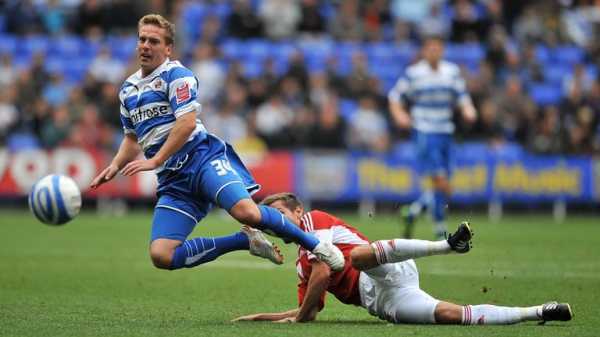
Rodgers has since acknowledged some errors. He approached the challenge with a long-term view, rather than protecting his position in the short term. He trusted in youth. Shane Long, Gylfi Sigurdsson, Ryan Bertrand, Hal Robson-Kanu, Alex Pearce, Simon Church and Jem Karacan featured regularly. Long was the oldest among them at just 22 years old.
The Northern Irishman would not be the first or last former youth coach to discover that the difference between performances and results can also be the difference between a regular pay cheque and a one-time pay-off. “Maybe it was too many at one time,” says Howard.

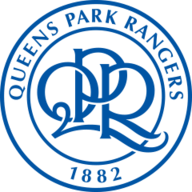
Reading vs QPR
December 26, 2019, 7:15pm
Live on

Get Sky Sports Get a Sky Sports pass
“We were controlling games and outplaying teams but we just could not get the ball in the net,” he adds. “We would have 60 to 70 per cent possession in games but end up losing them because of a set piece. So he always was that coach but when he does it now he makes sure he gets the striker right. Everything else fits in around that.
“In some of the games, we were playing the football that Leicester are playing now. But we just didn’t have a Jamie Vardy. We didn’t have that person to stick the ball in the net.”
For Howard, that remains a regret.
“I broke my jaw early on and by the time I was fit again the club had sacked him,” he adds. “I was unfortunate because he would have improved me. I was improving every day as a player. He always improves players and makes players and teams better. I would like to have seen him given more time because I think the results would have come.”
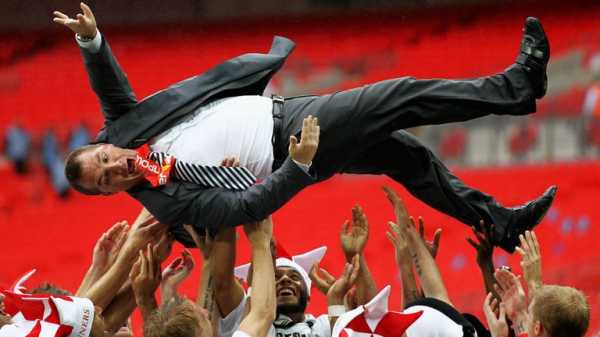
In a sense, the point is moot. The following season culminated in a play-off final between Reading and Rodgers’ new club Swansea at Wembley. It wasn’t close. Swansea were three up by half-time and went on to win 4-2. Howard could only watch on from the bench.
“The way he got them playing…”
Ten years on from that misstep with Reading, Rodgers has little cause to look back himself. But maybe the rest of us should. Coaches learn from their mistakes as well as their triumphs – and sometimes they aren’t even mistakes at all. Twenty-three games weren’t even enough to determine the difference. After a decade of work, a truer picture has emerged.
Sourse: skysports.com


